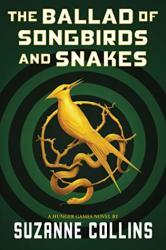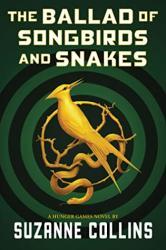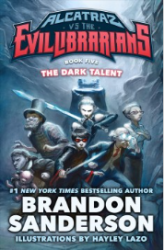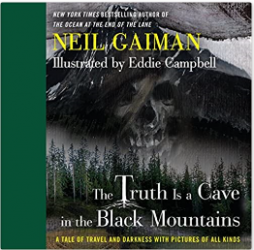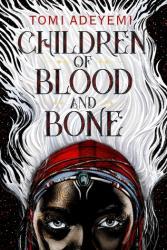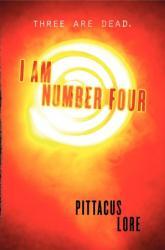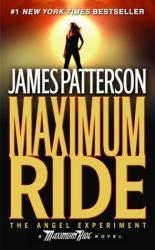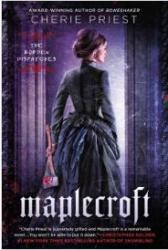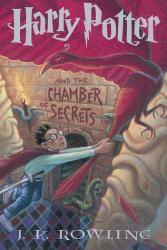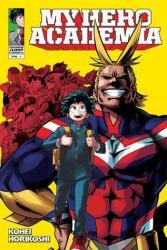Book Review: The Ballad of Songbirds and Snakes
If you're like me, you've been looking forward to the new Hunger Games prequel, The Ballad of Songbirds and Snakes, since its announcement last year. After all the anxious waiting and counting down the days, I found that this new novel, focusing on future villain, Coriolanus Snow, is not as good as the original trilogy but still holds its own and has its place in Collins' universe of Panem.
The Ballad of Songbirds and Snakes is a villain background story. The main character-- for I certainly would not call him a protagonist, even 65 years earlier-- is Coriolanus Snow, future tyrant president of Panem and one of the most despised villains in all of young adult dystopian literature. Here, Snow has an ego, he has big plans, dreams and ambitions for the future of his country. Coriolanus is an orphan after the war that spurred the Hunger Games. The Snow household is broken down and poor, and Coriolanus lives with his grandmother and fellow orphaned cousin, Tigris (yes, that very same Tigris from Mockingjay that Katniss and her squad hid with while in the Capitol. This connection is one of the most interesting in the book, because here, Tigris and Coriolanus are best friends as well as cousins, always looking out for one another and sharing a tight bond. The obvious deterioration of their relationship is never addressed in the book, and I desperately want to know what went sideways between them now.) Coriolanus is a student at the Academy, a high school, and is chosen as one of the 24 best and brightest Capitol students to mentor a tribute in the 10 Hunger Games.
One important thing to note and understand about this book is that the Hunger Games are very very different from where we join them 65 years later. The tributes are abused and starved. The arena is not high-tech or glamorous. The television viewership is low. Most people do not even watch the games at all. All of that changes after this book, I would presume.
Coriolanus, who is hated by the leader of the Academy, Dean Highbottom, is consequentially assigned to mentor District 12 female tribute, Lucy Gray Baird. Lucy Gray is the true protagonist of this novel, and a strange one at that. She is part of a 'Covey', a traveling musical family who got stuck in District 12. She is strange to Coriolanus and the other Capitol children. She is musical, cunning, and not to be underestimated.
One of my wishes for this book is that there would be a romance between Lucy Gray and Coriolanus. There was, and unfortunately, it did not live up to my expectations, which greatly added to my minor issues with this book. Collins greatly crafted a love triangle in the original Hunger Games trilogy, and I was so excited for more of that great romance that made you root for two people to end up together. The romance between Coriolanus and Lucy Gray seemed disjointed, rushed, and absurd. It almost seemed like Coriolanus was using Lucy Gray, which of course is false since he had nothing to gain from loving a poor girl from District 12.
Coriolanus prepares Lucy Gray for the arena while some Hunger Games traditions are introduced-- the betting, mutts and TV host and interviews are all started in this book. The Head Gamemaker at the time is Dr. Gaul, a psychotic and mutation-obsessed woman who takes interest in Coriolanus. Readers should expect to be creeped out and disturbed by Dr. Gaul throughout the novel.
Drama unfolds before the Games even begin, and there are many, many characters and side plots introduced and finished before the Hunger Games even begin. The actual part of the Hunger Games was my favorite part of the novel. Collins truly is a master of writing stories set in the arenas. I will not spoil who wins the 10th Hunger Games, but expect to be surprised by the turn of events right after the Games conclude.
My only other problem with this book is it actually felt like three books instead of one. Like the rest of the series, it is divided into three sections, and each felt like it's own standalone story. The third section Iread very fast. The first was very slow. And the middle was the best, with the arena and Hunger Games.
One of the things about this book that I enjoyed tremendously is that it does not paint Coriolanus as a hero, even back then. He is still cunning and a little evil, especially at the surprising ending. Coriolanus is never written as a good person. Instead, the good people around him are at his disposal.
Another thing to note is the literalness of the title. There are all three-ballads, songbirds, and snakes, in this novel. It is in no way symbolic or metaphorical. There is a lot of music, for Lucy Gray, and to add a lighter tone. I liked the inclusion of all the music, though it was a little strange to have so many songs included in full, with all their lyrics and everything. There are several songs from the original trilogy in this book, The Hanging Tree among them, and I enjoyed the inclusion of those.
The Ballad of Songbirds and Snakes does not feel like a Hunger Games novel. It feels like a companion to Collins' original trilogy, but not directly connected to that world. That being said, it is a very compelling and originally imaginative story, that only suffered from a few disjointed elements. This prequel does not quite live up to the original beloved stories of The Hunger Games, but comes very close and presents a new take on Suzanne Collins' world of Panem.



 Ruth Holley Library will be temporarily closed for approximately one week starting Mon., Dec. 2 to complete roof repairs.
Ruth Holley Library will be temporarily closed for approximately one week starting Mon., Dec. 2 to complete roof repairs.